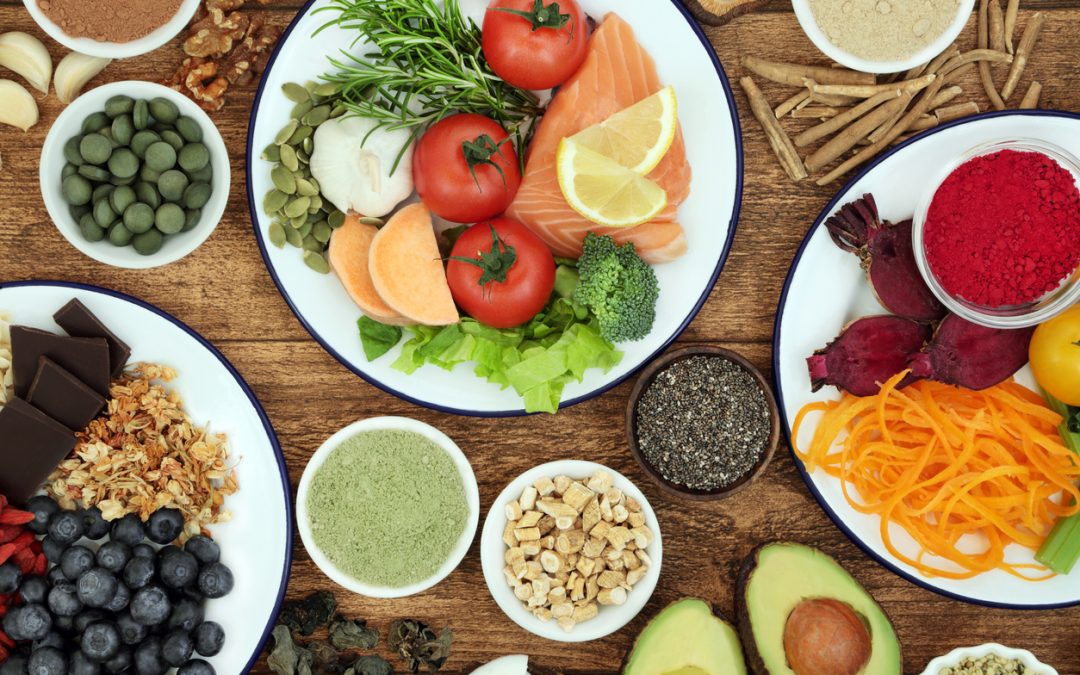Physical and Mental Health
Did you know that your eating habits can significantly impact more than just your physical health? More and more studies show that what you eat contributes to your mental and emotional health as well.
One specific study, known as the SMILES trial, took 70 participants that were diagnosed with depression. Half of the group began going to therapy but kept their previous eating habits. The other half did not join any therapy sessions, but instead were switched to a healthy diet rich in fruits, vegetables, olive oil, low-fat dairy, fish and other lean proteins, eggs, seeds and nuts.
After three months, those with a healthy diet showed fewer symptoms of depression than the second group. In fact, more than a third of them no longer even met the criteria for being depressed. With that being said, here are some guidelines for healthy eating as outlined by Mind.org:
- Eat regularly throughout the day. Three meals a day with small snacks in between can help keep your blood sugar levels steady and your metabolism regulated.
- Stay hydrated! Drinking water throughout the day not only helps your mood, but it can help maintain your energy levels as well.
- Focus on your “5 a Day.” Fruits and vegetables contain the vitamins, minerals and fiber we need to keep us physically and mentally healthy.
- Remember to include protein into every meal and snack. Protein contains amino acids, which make up the chemicals your brain needs to regulate your thoughts and feelings.
- Consume caffeine in moderation. Believe it or not, too much caffeine can cause you to feel anxious and overwhelmed, and even disturb your sleep.
Mood Boosting Foods
While no food is a miracle, cure all solution, according to Eating Well, some foods have been clinically proven to have mood boosting effects. Listed below are just a few!
- Salmon: Research has shown that eating salmon, as well as mackerel, tuna, herring and other fatty fish, can help lower stress and anxiety. This is because of omega-3 fatty acids – a key mood-boosting nutrient and one our bodies don’t produce on their own.
- Blueberries: With more antioxidants than any other common fruit or vegetable, blueberries deliver a bushel of brain-boosting benefits. Thanks mostly to a type of antioxidant called flavonoids, blueberries help regulate mood, improve memory and protect the brain from aging.
- Probiotics: The probiotics found in fermented foods like yogurt, kimchi and sauerkraut have been linked to improved gut health. And while studies are still ongoing, current research suggests that balanced gut bacteria leads to a better mood, less stress and anxiety, and lower risk of depression.
For more information, click here!



